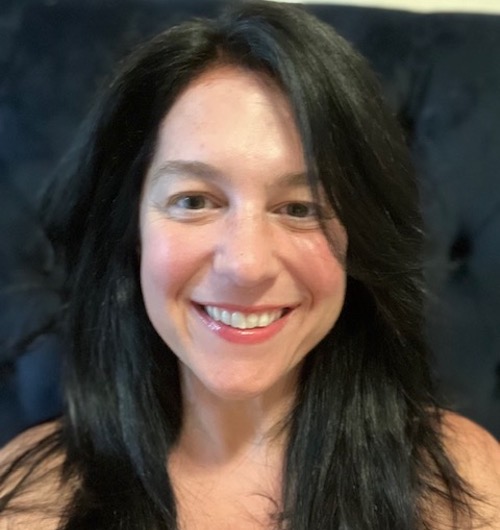Courtney Portnof, M.Ed., is an Academic Coach who specializes in executive functioning skills such as organization, time management, test-taking strategies and study skills. Her clients range in age from early adolescence to adult and she has extensive experience with clients who struggle with mental health and/or substance use disorders. We spoke with Courtney about her Executive Function Coaching practice.
RCNY: Let’s start with the basics, what is Executive Function Coaching?
CP: Executive Function Coaching focuses on the ability to manage oneself. If a client feels extremely overwhelmed, they become distressed and don’t know what to do first. Struggling with organization, time-management, self-regulation, and memory are all executive functioning deficits. When everything feels overwhelming, it’s hard to think about how to start, as we feel there is so much to do. The goal is to teach these tools so that they transfer over into their everyday lives.
RCNY: What tools do you use with clients to keep them organized and on task?
CP: For things like appointments or things to do, I like to use organized lists with a color coding component. For instance, red can be used to write down things that are urgent, whereas one may write less urgent things in blue, or medical appointments in orange. Whichever color helps attach meaning for the client. When they see the color, they associate it faster, which makes it easier to show up and stay on task.
I’m a big fan of using the calendar in our phones. Additionally, a physical large home calendar “The Master”, and a small notebook – a 3-point system. In my professional experience, many people don’t like carrying around a big planner; I recommend a small notebook with lined paper. Then when you get home you can go back through the notebook and put the info on both the home master calendar and phone. I recommend using colored pencils with erasers for the paper calendar as plans change constantly.
A big part of their organization is the structure of the calendar. When every appointment or event has a specific time on the calendar, you become in control of your day.
Everything is written down in time blocks so clients can see where their down time is during the day. Perception of time is usually an area of struggle with Executive Functioning. The more prepared and planned we are, the more likely we will use that time more efficiently. Just because you have time it doesn’t mean you’re going to use it efficiently.
Large projects are broken down into small manageable parts, so it doesn’t feel so overwhelming. If the project is comprehensive over a period of time- we put the due date on the calendar and work our way backward. This helps reduce stress which increases the ability to focus. Planning in advance is an extremely important skill.
RCNY: Wow, that’s a lot! What’s your first step when you begin working with a client?
CP: A large part of the job is figuring out how the client can be the best version of themselves. This includes how they will make time for and show up for themselves. The biggest piece is the morning. It’s having the same routine every single day that you don’t deviate from. Any form of self-care practice will kick start your energy. Routines create structure and a roadmap for the day.
Motivation is not required to begin change. The desire to change on the client’s part determines the outcome of success. When you’re creating your day, doing positive things for yourself, you’re more likely to have a good day. With consistency, those days turn into good months. Self-care goes on the calendar.
RCNY: And it’s on their calendar so they have to do it, then they don’t have a choice.
CP: It’s non-negotiable. We are more likely to show up for our appointments than ourselves, so we put ourselves in on the calendar.
RCNY: Do you have a system for communicating with clients who are resistant to help?
CP: There can be initial resistance during the first call, before I meet face to face with the client. Once we meet, they feel better.
When I meet clients in their home, I’m very respectful of their space. I’m only there to make the client’s life easier or better in some way. We are not taught how to cope, how to be uncomfortable; so it can be tough asking them to take another step in an area that is a weakness. It’s important to build a level of trust. Its essential for a client to be vulnerable.
RCNY: What’s your overall philosophy about this type of coaching?
CP: It’s my job to find the solution. Many come to me in a transitional period of their lives and need assistance figuring things out and executing a plan. The goal is independence. Whatever is needed to keep the client present, that’s the goal.
RCNY: Thank you so much for speaking with us!
If you would like more information about Courtney or any of our coaches, you can reach out to Cindy Feinberg, President of The Recovery Coach NY:
Phone or text: 631-921-4085
Email: recoverycoachcindy@gmail.com
Through her website: www.therecoverycoachny.com






Leave A Comment